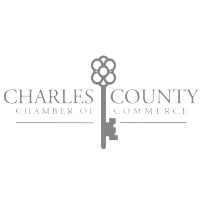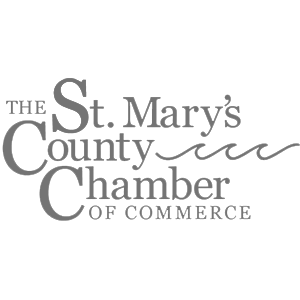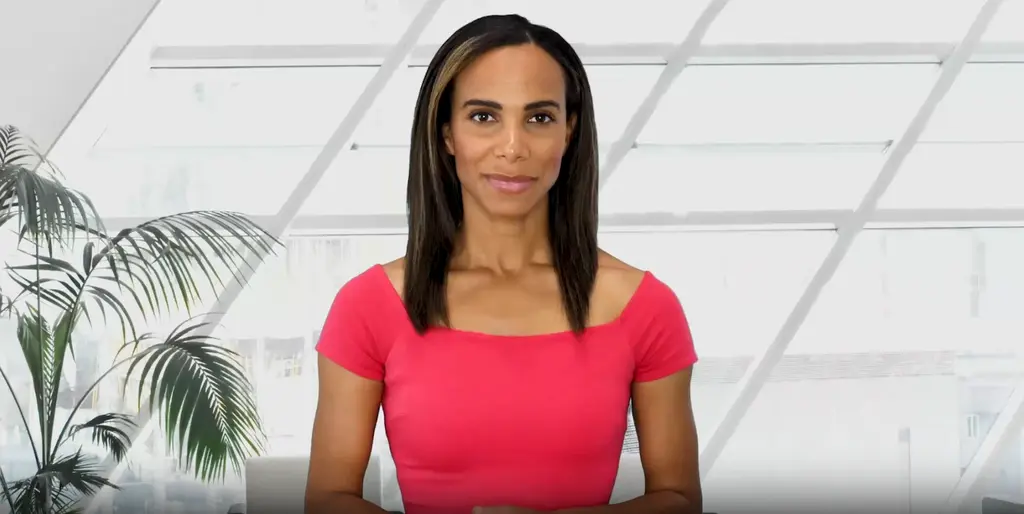No one wants to file for bankruptcy. People will try just about anything to avoid it. Most of the time they try one last thing that hurts them and really had very little or no chance of solving their problems.
Most of the time these last ditch efforts just delay the inevitable, and result in people just throwing good money after bad. All too often these clients at some point end up telling me “I should have come to you a year before I did that.”
(Watch the video or read on to find out what 5 things you should NOT be doing.)
Trying to avoid bankruptcy is understandable. After all we all have been told to never give up. But financially it can be a big mistake.
You need to set aside your emotions and make a cold financial decision. Kind of like when you have an old car that you breaks down just a month after you spent money on that big repair. It can be hard to do. But sometimes you have to cut your loses and move on.
If you about to try one of the things on this list please come see me for a consultation first.
At the very least you will at least have a better understanding of the bankruptcy that you are trying so hard to avoid. This way you can make an informed decision about how far you want go before you cut your losses and move on.
Here is a list of some of the common last-ditch things that people later wish they hadn’t tried:
(1) Paying A For-Profit Debt Settlement Company
Using a for-profit debt settlement company is risky and could cause you tax problems.
Basically what these companies do is collect money from you while your credit tanks. When they have enough money, they go to one of your creditors and see if they will take a partial lump sum payment as payment in full. Of course they first collect their fee.
Needless to say some creditors may not be willing to wait their turn. All too often, someone working with one of these companies comes to us wondering why one of their creditors has filed suit against them. Some creditors even refuse to work with some of these companies. So you may not be able to reach a settlement with all your creditors.
Even if you succeed you will end up receiving a 1099 from your creditors for the forgiven debt. This forgiven debt counts as income that you have to report on your tax return. It is called “phantom income.”
Phantom income can cause you to end up owing taxes. You may have just gone from a credit card problem to a tax problem.
For more on these companies see the Consumer Financial Protection Bureau’s article Should I Use A Debt Settlement Service.
(2) Making a 401K or TSP Withdrawal
You’ve got all this debt and a bunch of money in a retirement account you are not using, so why not withdraw your retirement account and pay off my debt?
This seems like a logical solution. Just pull the money out and get caught up on your bills, or even pay some off in full. Yet it so often just delays the problem. And worse, you can lose that retirement account that you could probably have saved by filing a bankruptcy!
If the withdrawal only gets you caught up on your bills you are likely to fall behind in a few months. If you do stay caught up, the next time you file your taxes you may end up with a new problem. First you have to count the money that you take out as income. Did you know that? On top of that you are probably looking at a penalty for taking the money out early. I don’t know how these retirement plans calculate what you should withhold for taxes when you make this withdrawal, but it never seems to be enough. When I see a client with a large tax bill I can almost always count on the fact that they made a retirement withdrawal that year.
Then there are the long-term consequences of having spent your retirement income. This is money that most likely you could have kept if you had just filed for bankruptcy.
(3) Increasing Your Paycheck Withholding Exemptions
This approach also just delays the inevitable and leaves you with a tax bill.
You can’t keep up with your credit card payments so you increase the exemptions on your W-4 so you have more money in your paycheck to pay your bills. If you have been getting a large refund maybe this isn’t such a bad idea. Well at least it is a better idea than getting a large refund and using it to get caught up on your bills.
One problem is that most people find that even with the extra money they can only afford to make the minimum payments on their credit cards. This ends up not really putting a dent in what they owe.
The other problem is that a year later, after not making a dent in their debt, they end up with a huge debt to the IRS.
The one thing worse than having regular debt is having IRS debt!
(4) Voluntarily Surrendering A Car
Can’t afford your car payment and facing repossession? Maybe you bought a lemon?
Surrendering the car to the lender may seem like a good idea. Just keep in mind that unless they agree to accept this as payment in full you still have a problem. After you give the car back the lender is going to auction the car and still come after you when the car isn’t auctioned for the amount that is owed on the car.
Eventually they probably will be suing you for this deficiency, and looking to garnish your paycheck. And even if they agree to forgive the debt you may end up with a tax problem. Remember that phantom income issue?
(5) Using Your Tax Refund To Get Caught Up On Your Credit Cards
After robbing Peter to pay Paul, you fall behind on your payments. But you have a light at the end of the tunnel. You are about to get your tax refund. Once you get that refund you can get caught up.
However unless that refund it big enough that you can actually pay off some of your debt, this is only going to buy you a few months. Much like over adjusting the withholdings on your paycheck, this isn’t really going to solve your problems. Most likely in a few months you will be back to falling behind on those payments. And that next tax refund may be too far away.
Conclusion
If you are about to try one of these tactics, please come in for a consultation so we can review all your options. At the very least you should be aware of your options before you make a major decision on how to pay off your debt. Only when you know your options can you make an informed, intelligent decision. I will tell you your options in a consultation.
If you have already tried one of these tactics don’t worry, I won’t give you a hard time. I may joke that no one ever wants to come see me, and I understand why people want to try everything possible to avoid having to file for bankruptcy. But when you say “I should have come to see you before I ……” I probably won’t argue with you.
About the only consolation I can give at that point is that you will know for sure that you have done everything possible to avoid bankruptcy.


 If you have a legal issue things you do now will affect your case later. You should always know your options and be informed before you make major decisions about your legal case.
If you have a legal issue things you do now will affect your case later. You should always know your options and be informed before you make major decisions about your legal case.









